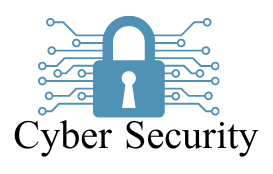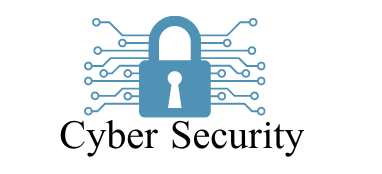In the current digital era, cybersecurity is a need for companies of all kinds rather than an extravagance. Cybercriminals frequently view small firms in particular as easy targets because of their usually constrained resources and security measures. Protecting sensitive data and upholding customer trust require the implementation of strong security technologies. The top ten security tools that any small business should take into consideration are listed below.
1. Antivirus Software
The first line of defense against viruses, malware, and other harmful threats is antivirus software. Complete security is provided by programs like Norton, McAfee, and Bitdefender, which check downloads, emails, and files for questionable activity. In order to stay on top of emerging dangers, these systems also offer regular updates and real-time security.
2. Firewall
A firewall monitors and regulates incoming and outgoing network traffic in accordance with pre-established security rules, serving as a barrier between your internal network and outside threats. Strong firewall capabilities are offered by products like SonicWall and Fortinet, which aid in preventing potential breaches and unwanted access.
3. Virtual Private Network (VPN)
VPNs are necessary for protecting internet connections, particularly when distant workers use public networks to access corporate data. Internet communication is encrypted by programs like NordVPN and ExpressVPN, which makes it more difficult for hackers to intercept and obtain private data.
4. Password Management Tools
A major weakness is using weak passwords. Strong, one-of-a-kind passwords are generated and safely stored for each account with the aid of password management programs such as LastPass, Dashlane, and 1Password. Additionally, these apps provide capabilities like automatic password changes and password sharing.
5. Multi-Factor Authentication (MFA)
By requiring users to give two or more verification factors in order to access an account, MFA adds an additional layer of protection. Even if hackers manage to get their hands on a password, they will find it impossible to access accounts thanks to programs like Authy, Google Authenticator, and Duo Security.
6. Email Security Solutions
Phishing attacks are a popular way for online fraudsters to obtain private data. Advanced threat protection is offered by email security systems such as Proofpoint and Mimecast, which filter out dangerous emails and provide tools to detect and report phishing attempts.
7. Backup and Recovery Solutions
In order to lessen the effects of ransomware attacks and other instances of data loss, regular data backups are essential. Automatic backup and recovery alternatives are provided by products like Acronis, Carbonite, and Backblaze, guaranteeing company continuity in the case of a hardware malfunction or cyberattack.
8. Endpoint Protection
Computers and mobile devices are examples of endpoints that cybercriminals frequently target. Symantec Endpoint Protection and CrowdStrike are two examples of endpoint protection products that offer complete security through controlling and monitoring network-connected devices and quickly identifying and addressing threats.
9. Network Security Monitoring
It’s critical to monitor network traffic in order to spot suspicious activities and take swift action. Network security monitoring is provided by programs like SolarWinds and Nagios, which notify administrators instantly of potential threats and weaknesses.
10. Security Information and Event Management (SIEM)
SIEM systems gather and examine security information from multiple sources to offer a thorough picture of the security posture of a company. Through the correlation of events and the identification of patterns suggestive of cyber risks, tools such as Splunk and LogRhythm provide more efficient detection, response, and mitigation of security issues for small organizations.
Conclusion
Cybersecurity is an ongoing process that calls for alertness and preemptive action. Through the acquisition of these ten best security technologies and their incorporation into an all-encompassing security plan, small businesses can dramatically lower their vulnerability to cyberattacks. Recall that the expense of putting strong security measures in place is significantly lower than the possible losses and harm to one’s reputation that could arise from a successful cyberattack. Remain vigilant, organized, and safe.



